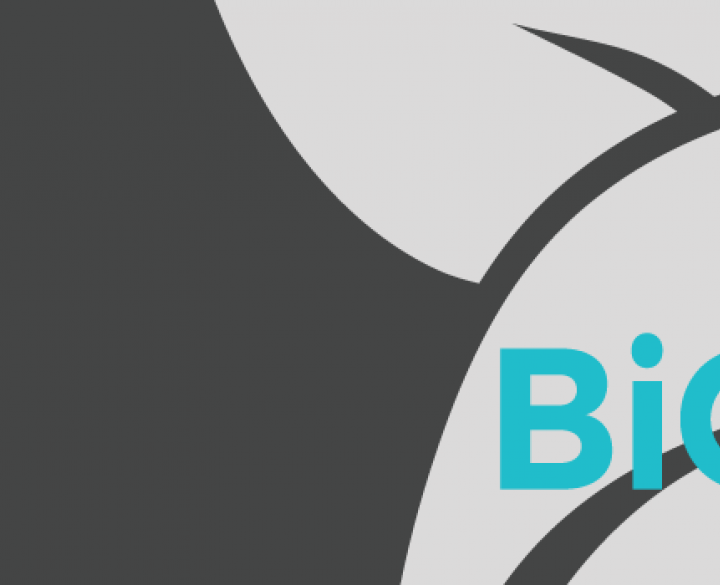Context
Today’s companies working with PU are facing various challenges: they have to comply with REACH, the VOC directive, workplace exposure limits, labels such as Oeko-Tex® and obtain an environmental permit. On top of that, the depletion of oil resources urges them to use renewable resources, which may, however, not be in competition with food production.
The industry also needs to make the switch to CO2-neutral renewable, biobased materials and products. Consumers are expecting and even demanding sustainable and “green” solutions.
The development of solvent and isocyanate-free biobased PU for textile coating will help EU companies to make the transiton to an ecofriendly and sustainable industry and give them a competitive headstart in the international market.
Aims
The aim of bioPU is to implement biobased isocyanate-free polyurethanes (PU) in textile coating applications, complying with the European legislation (e.g. REACH) and label requirements (e.g. OEKO-TEX®). PU is a frequently used binder (next to acrylate, PVC, etc.) in textile coating applications, notably where stringent requirements need to be fulfilled.
BioPU will investigate:
- biobased two-component (2K) PU for textile coatings prepared out of polyol and isocyanate from renewable resources
- isocyanate free biobased PU technologies to meet the required specifications of specific technical applications, and
- performance of renewable PU for coating materials. BioPU targets primarily the textile coating industry, the coating related industry such as formulators and the chemical producers. BioPU targets technical textiles (e.g. protective clothing and work wear, hygiene & care) and interior textiles (artificial leather and mattress covers).
Consortium
In the project consortium, Centexbel (association & research centre; Belgium/Flanders) and DWI (research centre; Germany) supported by FKT (association of the German textile and fashion industry - Germany) will join forces.
- Centexbel (coordinator) will be responsible for the management and dissemination of the results, and will also perform the research needed in the application of the developed PU in textile coating.
- DWI will develop the isocyanate-free biobased PU.
The User Committee consists of all related companies: coating & technical textile companies, plastic and composite companies, formulators, chemistry producers, etc.




